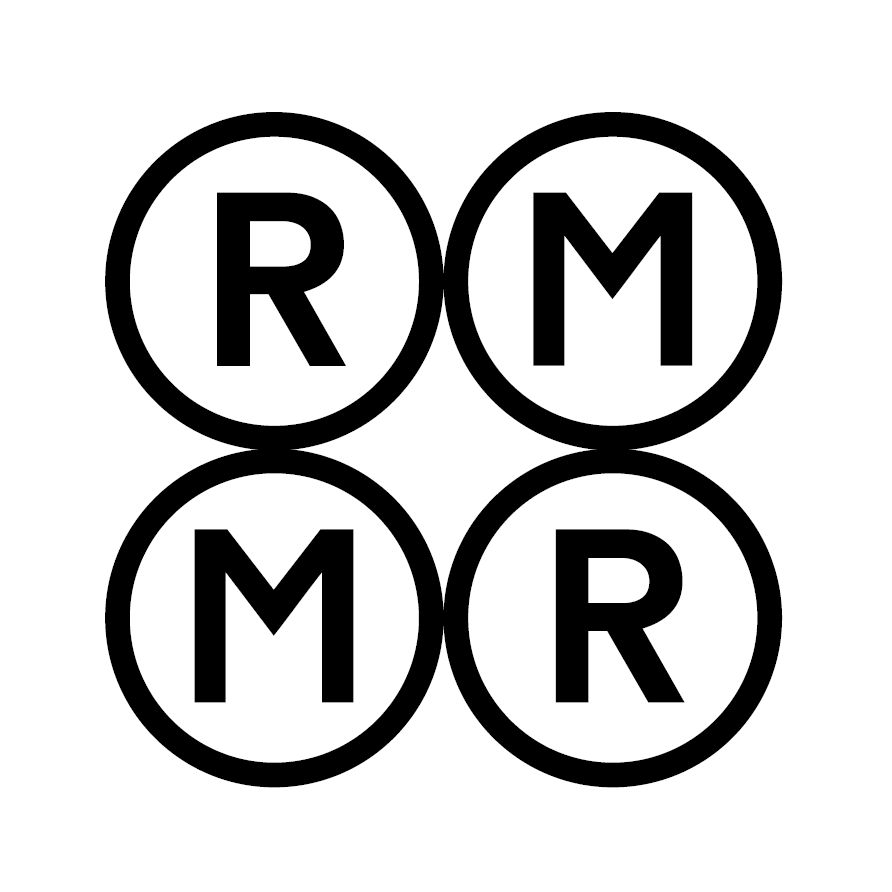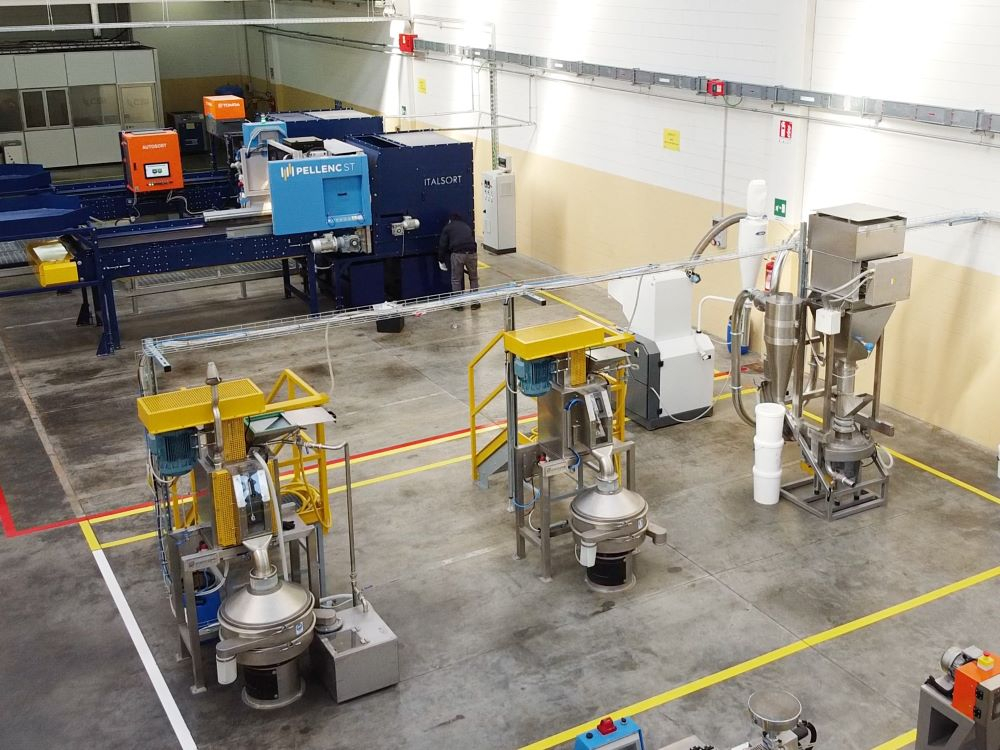When it comes to creating truly circular plastic packaging, the design stage is everything. Therefore, improving the recyclability of plastic waste is one of the main goals of Corepla, Italy’s National Consortium for the Collection, Recycling, and Recovery of Plastic Packaging. By the end of the year, alongside CSI S.p.A. (part of the IMQ Group, the body that assesses the compliance of products, materials, processes, services, and systems), Corepla will create a testing laboratory that will be able to assess the sortability and recyclability of different plastic materials.
In addition to the lab activities, CSI will provide expertise relating to the testing and certification of products, issuing a third-party recyclability certificate. This will guarantee that the plastic packaging can effectively be transformed into a secondary raw material. Corepla, meanwhile, will contribute to the project by offering its specific know-how relating to the management of sorting and recycling processes for plastic packaging.
A laboratory to test recyclability
“This is a project that will further elevate the degree of efficiency of plastic product recycling systems, via the construction of an increasingly sophisticated and efficient system to monitor and certify all the steps that make up the life cycle of packaging,” says Corepla President Giorgio Quagliuolo. “I would also like to highlight the service-mindedness that led to the creation of this laboratory, which will allow companies that wish to do so to pre-emptively check the recyclability of their packaging. This is a major advantage to the containment of possible environmental impacts of their activities.”
As well as supporting Corepla in carrying out polymeric characterisations of the chosen waste streams, which guarantee higher quality for the recycling market, the new circular packaging hub will offer all operators in the sector the skills and experiences accrued across specific contexts.
CSI, an internationally renowned laboratory with thirty years of experience in characterisation analyses and compliance checks for plastic materials, accepted the challenge with great enthusiasm. “It is a privilege to work with the Corepla consortium on this innovative project to develop sorting processes for plastic packaging waste,” says Lucio Luciotti, CEO of CSI S.p.A. “We will lead businesses towards ever more recyclable and sustainable packaging.”
The importance of packaging ecodesign
Packaging should be designed, manufactured, and marketed in a way that allows reuse or upcycling, to reduce its environmental impact to a minimum. The adoption of the EU Packaging and Packaging Waste Regulation (PPWR) marks a turning point from this perspective. Among the new rules, the Union requires that all packaging sold on the European market must be recyclable starting in 2030. The regulation also includes a reduction of unnecessary packaging, setting a maximum empty space ratio of 50% for grouped, transport, and e-commerce packaging. Manufacturers and importers are also required to guarantee that the weight and volume of packaging are reduced to a minimum.
The issue of “waste prevention” has always been dear to Corepla. Over the years, the consortium has developed various initiatives relating to packaging recyclability. The Thinking Future (Pensare Futuro) project, for example, aims to promote a culture geared towards packaging ecodesign and environmental impact prevention among businesses. A more structural initiative, meanwhile, relates to the modulation of environmental fees based on the effective reusability and recyclability of packaging.
This content is produced thanks to the support of sponsors
Image: CSI Lab



